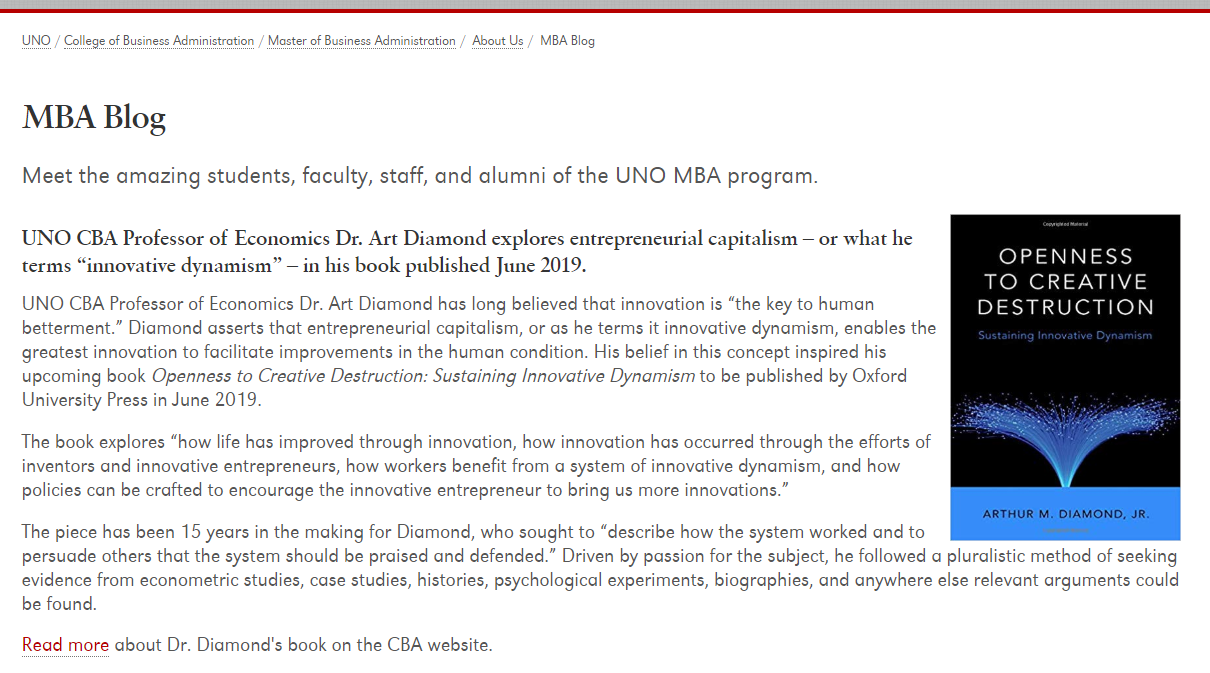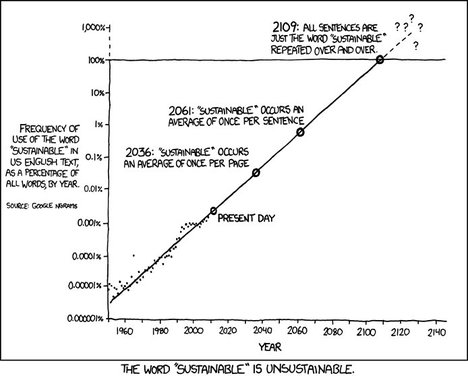(p. D7) For decades, Dr. Daniel R. Lucey, an infectious disease specialist at Georgetown University, has crisscrossed the globe to study epidemics and their origins. His attention now is on the Covid-19 pandemic, which first came to public notice late last year in Wuhan, China. Its exact beginnings are sufficiently clouded that the World Health Organization has begun a wide inquiry into its roots. The advance team is to leave for China this weekend, and Dr. Lucey has publicly encouraged the health agency to address what he considers eight top questions.
“It’s not a legitimate investigation if the team doesn’t ask them,” Dr. Lucey said in a recent interview. He cited public reports and scientific articles as starting points for his queries, adding that Beijing “has never come out and answered these questions.”
Clear answers, Dr. Lucey said, would cast light on how the deadly pathogen spread so rapidly and, perhaps, how exactly the outbreak began. China has not been forthcoming with information, . . .
. . .
The sixth and seventh questions go to whether the deadly pathogen leapt to humans from a laboratory. Although some intelligence analysts and scientists have entertained that scenario, no direct evidence has come to light suggesting that the coronavirus escaped from one of Wuhan’s labs.
Even so, given the wet market’s downgrading in the investigation, “It is important to address questions about any potential laboratory source of the virus, whether in Wuhan or elsewhere,” Dr. Lucey wrote in his blog post.
To that end, he urges the W.H.O. investigators to look for any signs of “gain of function” research — the deliberate enhancement of pathogens to make them more dangerous. The technique is highly contentious. Critics question its merits and warn that it could lead to catastrophic lab leaks. Proponents see it as a legitimate way to learn how viruses and other infectious organisms might evolve to infect and kill people, and thus help in devising new protections and precautions.
Debate over its wisdom erupted in 2011 after researchers announced success in making the highly lethal H5N1 strain of avian flu easily transmissible through the air between ferrets, at least in the laboratory.
In his blog, Dr. Lucey asks “what, if any,” gain-of-function studies were done on coronaviruses in Wuhan, elsewhere in China, or in collaboration with foreign laboratories.
“If done well scientifically, then this investigation should allay persistent concerns about the origin of this virus,” he wrote. “It could also help set an improved standard for investigating and stopping the awful viruses, and other pathogens, in the decades ahead.”
Finally, Dr. Lucey asks the W.H.O. team to learn more about China’s main influenza research lab, a high-security facility in Harbin, the capital of China’s northernmost province. In May [2020], he notes, a Chinese paper in the journal Science reported that two virus samples from Wuhan were studied there in great detail early this year, including in a variety of animals. It reported that cats and ferrets were highly susceptible to the pathogen; dogs were only mildly susceptible; and pigs, chickens and ducks were not susceptible at all.
For the full story, see:
(Note: ellipses, and bracketed year, added.)
(Note: the online version of the story has the date July 8, 2020, and has the title “8 Questions From a Disease Detective on the Pandemic’s Origins.”)
The blog posting in which Dr. Lucey asked his eight key questions, is:




